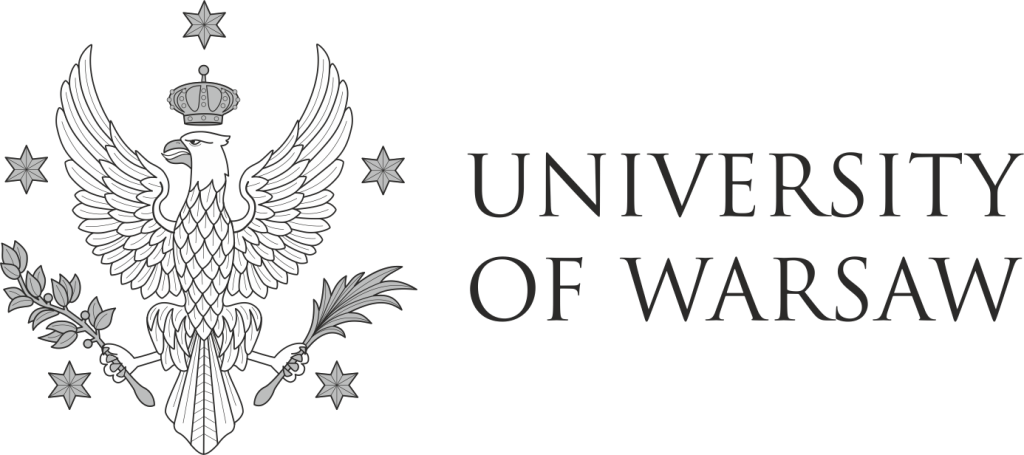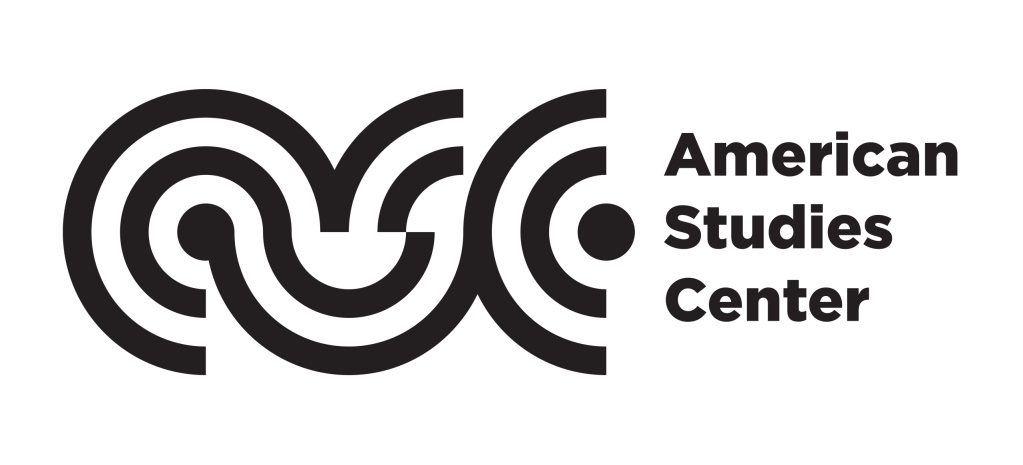Forgotten, Misplaced, Marginalized: Speculations We Don’t See
May 8-10, 2025
Confirmed Keynote Speakers:
Caroline Edwards
Sonia Fizek
Sherryl Vint
The recently published and positively massive Routledge Handbook of Co-Futurisms (2023) showcases the speculative and the fantastic as truly global phenomena that span countries, cultures, and continents. In parallel, the digitally-enabled tools of production and channels of distribution have made circulation of speculative texts and practices much freer than even two decades earlier. The same concerns critical engagements, both academic and non-academic. The number of monographs, special journal issues, and articles devoted to all aspects of the fantastic has skyrocketed and conferences and events, both serial and one-off, happen seemingly every month.
But, like capitalism and postmodernism, this new cultural and academic visibility of speculative texts and practices has been uneven. Anglophone and Francophone texts are discussed far more frequently than those produced in other languages. Several dozen authors seem to be receiving a great deal of critical attention while many others go (relatively) unexamined. In non-literally media, this imbalance is even starker. Needless to say, any top-down policing of what is studied is impossible (and, most definitely, undesirable), but it needs to be noted that many of these critical grooves reproduce the old structures of colonial geopolitics and may reflect somewhat conservative academic praxis.
Organized around 6 thematic streams, the conference seeks to fill in some of these gaps in speculative research. We invite proposals discussing, engaging, excavating, and illuminating artists, texts, phenomena, media, and genres that have been forgotten, marginalized, ignored, understudied, and misplaced. The conference will be organized around 6 distinct streams (see below), but overlaps are natural and inevitable, so these should be treated more as guidelines than orthodox categorizations. As always, proposals not covered by the description but responding to the central idea of the conference are accepted, too.
CONFERENCE STREAMS
1. Forgotten Weird / Weirdly Misplaced
Coordinator: Agnieszka Kotwasińska
We invite preformed panels and individual speakers for a stream dedicated solely to Weird Fiction. Let’s take a break from H.P. Lovecraft and let’s talk about the authors who were never invited to the Weird Club (or never knew of its existence nor cared for it), or whose genre affiliations led them to other shelves: surrealist fiction, experimental fiction, magic realism, horror fiction, urban fantasy, the New Weird, dark fiction, splatterpunk, speculative fiction… and more. We encourage contributions that tackle genre formation and the Weird’s alternate histories, stylistics and formal features as well as current reformulations and misplaced allegiances of the Weird family. We wish to explore Weird Fiction in other forms too: film, television, games, music, philosophy, theater.
2. Central and Eastern European SF Cinema
Coordinator: Jaak Tomberg
This stream offers a chance to unearth, repurpose, and critically examine works of speculative cinema for too long considered marginal in terms of geography but nonetheless striking in terms of their originality, unconventionality, and otherness of science-fictional imagination. We invite both individual papers as well as preformed panels charting the too-often underexplored cinematic terrains of (un)popular cinematic speculations produced in Central and Eastern Europe, both in the past as well as present. Our intention is to return to films forgotten and/or unremembered, both long- and short-form, intended for mainstream as well as niche audiences. Proposed topics could focus on examining experimental, avant-garde, “cult” speculative cinema and its resonance in the present, transnational exchanges and influences perhaps overlooked, past politics refurbished for new sociopolitical contexts, and works of speculative cinema produced by visionary filmmakers orbiting on the sidelines of sf and speculative cinematic canons.
3. Global Speculations
Coordinators: Patrick Brock, Regina Kanyu Wang, Merve Tabur
While science fiction has long been recognized primarily as an Anglophone (and, to an extent, Francophone) genre, speculative narratives have been produced globally parallel to American and British texts. This stream invites contributions focused on phenomena variously known as Co-Futurisms, Indigenous Futurisms, or various regional traditions of speculation (e.g., Afrofuturism, Arabfuturisms, Asia Futurisms, etc.). These are, of course, highly diverse fields and bodies of texts, but some of them have already achieved a degree of prominence (e.g., Cixin Liu’s THREE-BODY PROBLEM trilogy; Wanuri Kahiu’s Pumzi [2009]; etc.). This is why we especially encourage and seek presentations on less known and under-researched texts and artists as well as those hailing from countries and regions unrecognized for their speculative traditions and those written in languages of the Global South.
4. Worlds Lost in the Past
Coordinator: Karolina Lebek
In this stream, we invite applications exploring the past of speculative fiction, its roots, beginnings, and subsequent rebirths. Moving beyond clear-cut retrofuturism and restorative nostalgia, we are asking not only how the future was imagined but more fundamentally which futures were lost along the way, which imagined worlds did not make it, whose ideas and political concerns were abandoned, and why. We welcome both individual and preformed panels or roundtables that engage with the history of speculative fiction, its reception and academic institutionalization. We are looking for contributions that seek to construct alternative timelines of genre formation, unearth lost worlds misconstrued by critics but adorned by fans, and travel back in time to offer new readings of works deemed unimportant, problematic, or simply too ahead of their times.
5. Speculating Beyond the Genre
Coordinator: Jędrzej Burszta
For this stream, we seek contributions exploring speculative content that transgresses rigid genre boundaries or marketing labels, texts of unexpected origins, provenances and traditions, speculations not adhering to both academic as well as common-sense definitions of what should constitute the field of “science fiction” today. We invite reflections on speculative narratives embedded in other popular genres (romance, detective, esoteric, climate fiction etc.) or hidden from sight by deliberate choice of their authors, hybrid and ephemeral works of fiction that do not play by the rules of genre expectations, but offer valuable critical and political perspectives afforded by their creators’ misplacement within literary canons, best-of lists, word-of-mouth recommendations. We invite individual papers and roundtables that focus on repurposing untypical and non-yielding speculative fictions to find ways of (re)locating them within academic considerations of the fantastic.
6. Artworlds and Media
Coordinator: Paweł Frelik
For this stream, we invite contributions focused on less known titles and artists in the major media of film, television, and video games as well as those exploring a multiplicity of digital media of short film and its ecology of texts such as music video, commercial, VFX reels, and game engine demos; digital graphics and illustration; maps; cybertexts (Twine, Twittertexts, apps); GIFs; neon, laser and light installations and performances; stage design; designs for unbuilt architectures; and software assets. Parallel to these, we are also interested in speculative art, illustration, and graphics, including those not immediately associated with sf fandoms and cultures. In all of these, both narrative and aesthetic frameworks and approaches are welcome.
SUBMISSIONS
We invite individual paper and panel proposals. Please use the form below to upload your abstract (max. 300 words) or roundtable proposal (300 words per paper), along with a short CV (max. 100 words) and 5 key words.
Extended deadline for submission is January 20, 2025.
Link to submit an abstract: HERE
IMPORTANT DATES
Jan 20, 2025 – extended proposal deadline
Feb 15, 2025 – acceptance decisions
Feb 20 – March 31, 2025 – registration
April 1 – April 20, 2025 – late registration


